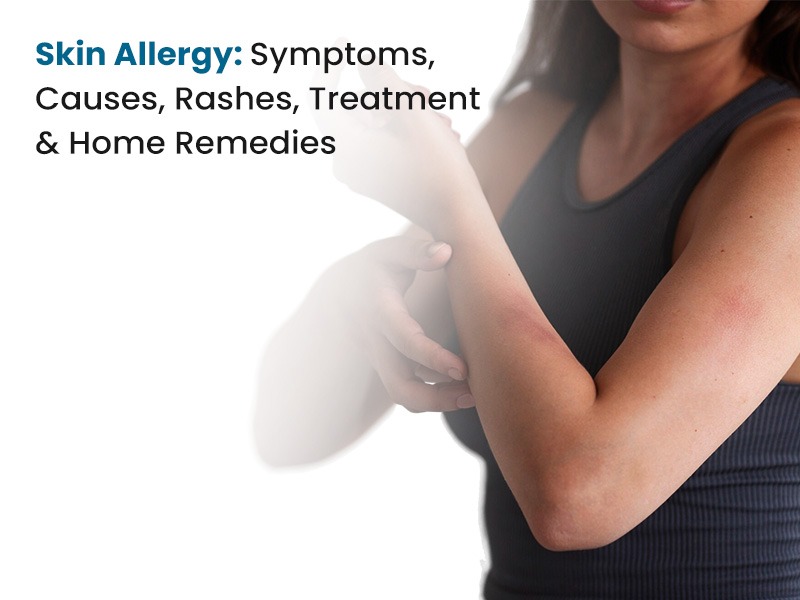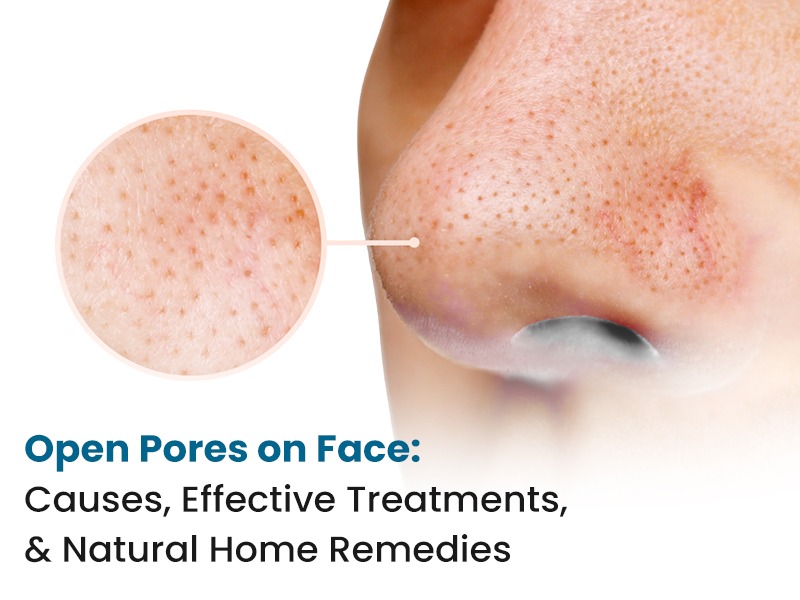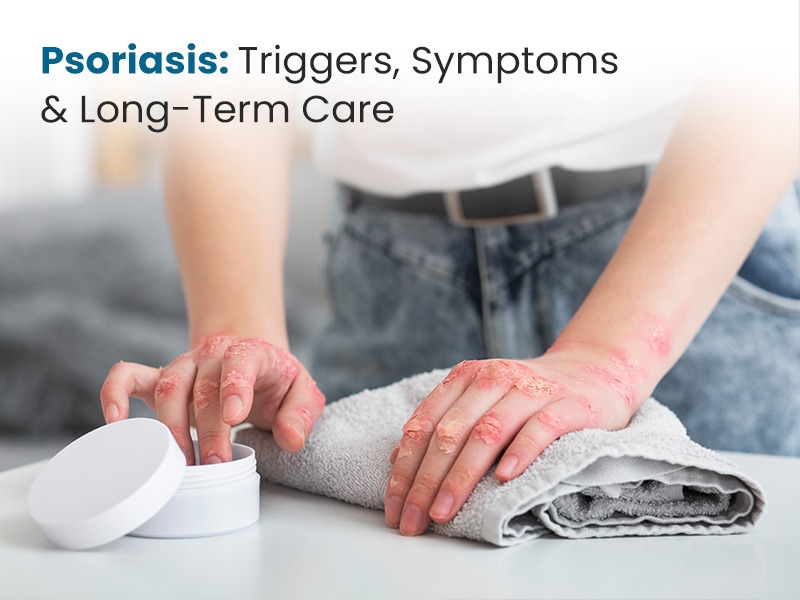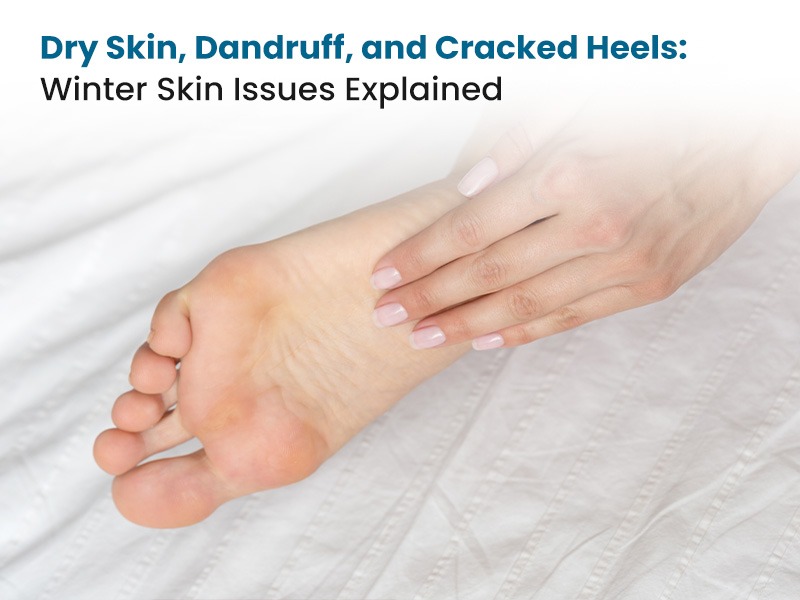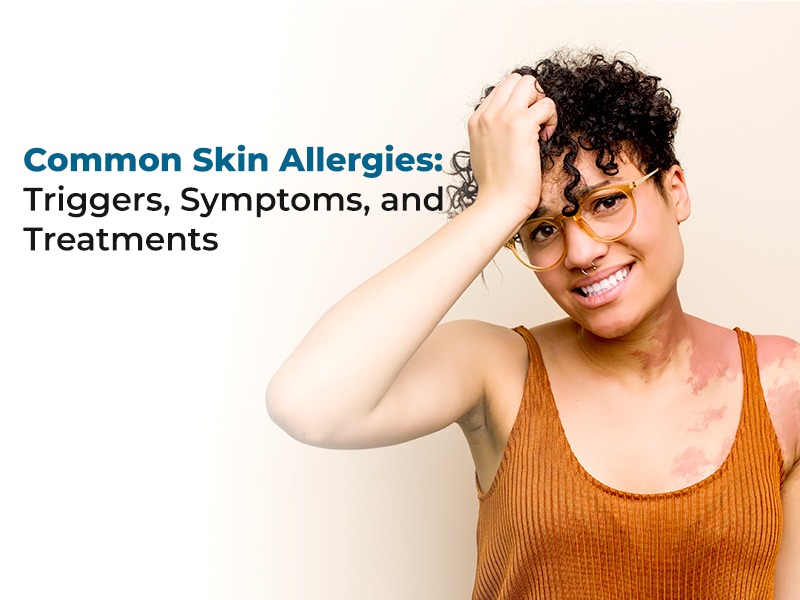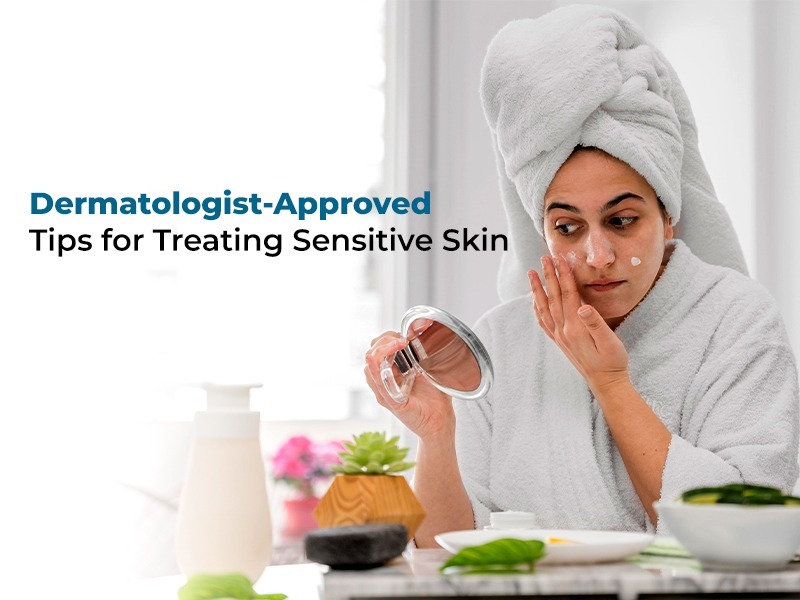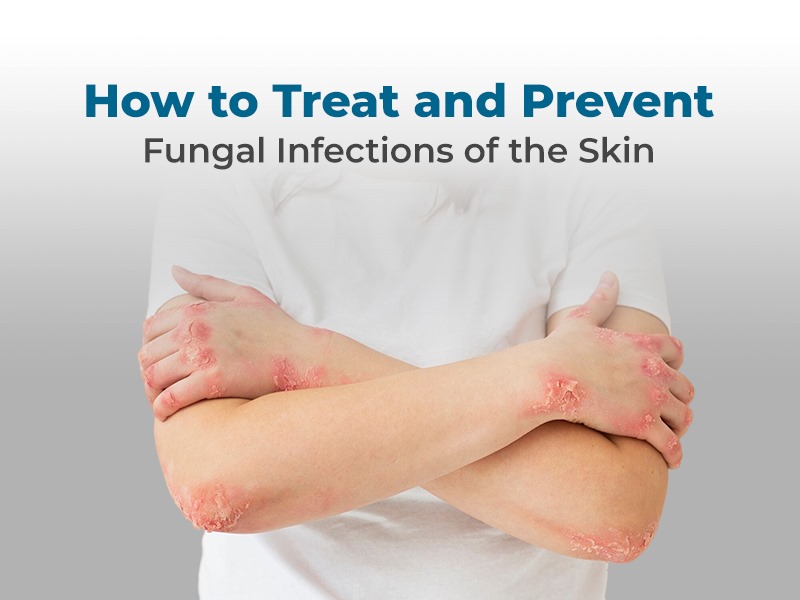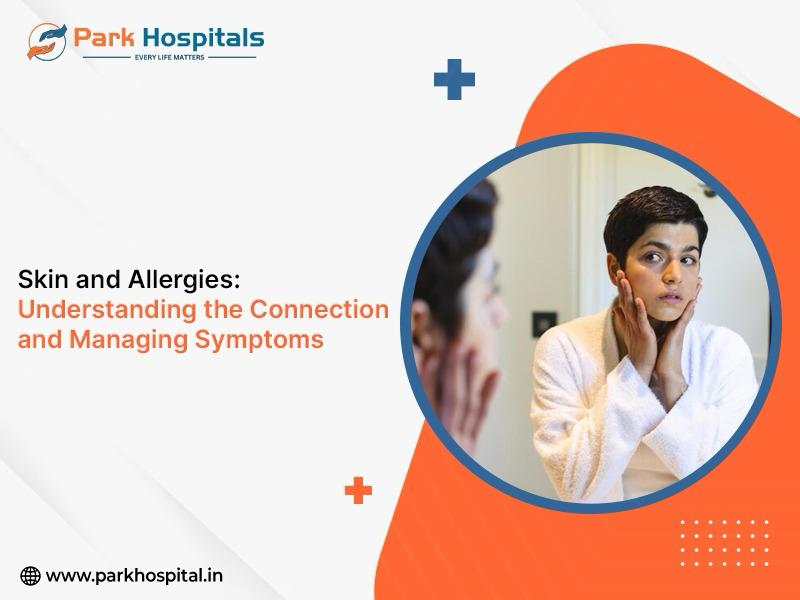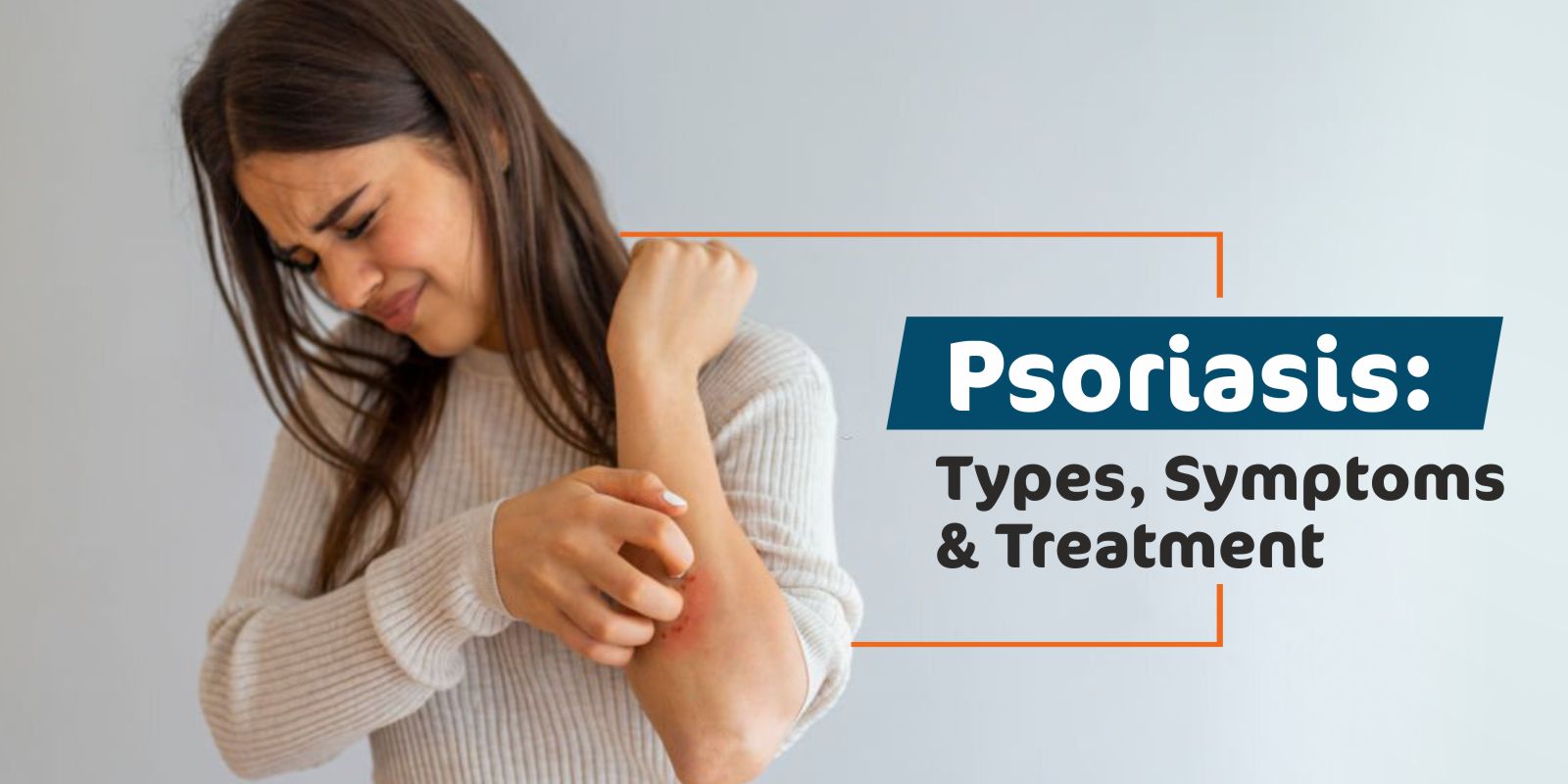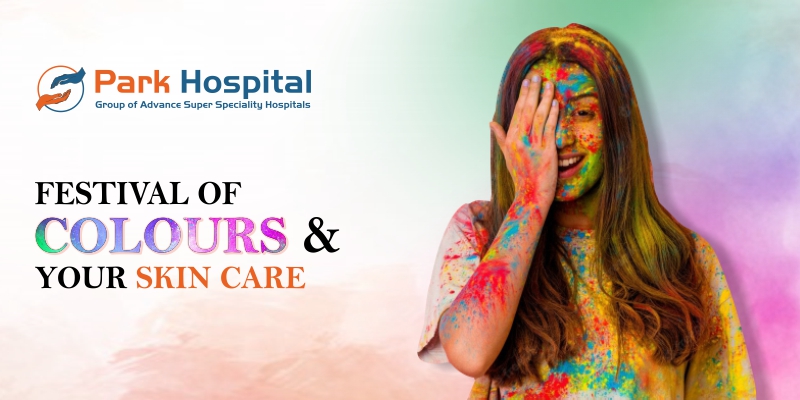Skin allergy is one of the most common dermatological conditions where the immune system overreacts to certain triggers, resulting in itching, redness, swelling, or bumps on the skin. It can affect people of all ages, from children to older adults, and may appear in different forms such as hives, red spots, or itchy rashes. While some allergies are mild and temporary, others may become chronic or cause significant discomfort if left untreated. Recognizing the early signs of skin allergy and seeking timely care is essential to prevent complications and maintain healthy skin.
At Park Group of Hospitals, we provide specialized care for skin allergy, including advanced skin rash treatment and management of allergic skin reactions. Our team of expert dermatologists combines medical expertise with modern diagnostic tests to identify the root cause of allergies and create the right treatment plan for each patient.
With a strong healthcare presence across Delhi, Gurugram, Faridabad, Sonipat, Panipat, Karnal, Ambala, Patiala, Mohali, Bathinda, Behror, and Jaipur, we ensure that patients receive trusted and comprehensive skin care close to their homes.
For 24x7 medical support and expert consultation regarding skin allergy, skin rash, and related conditions, contact our emergency helpline at +91 99166 99166.
What is Skin Allergy?
A skin allergy is a condition in which the body’s immune system overreacts to a substance that is usually harmless for most people. This overreaction causes inflammation and visible changes on the skin such as itching, redness, bumps, swelling, or the appearance of a skin rash. These reactions may occur immediately after exposure to an allergen or develop gradually over time. In some cases, the allergic response is mild and fades away on its own, while in others it may require medical attention.
Allergens are the substances that trigger an allergic skin reaction. They can be found in many everyday items and environments. Common triggers include:
Food like: Peanuts, milk, eggs, shellfish, and specific spices
Medications like antibiotics, painkillers, and multivitamin
Environmental factors such as pollen, pet dander, mold, and dust mites
Insect bites or stings that lead to hives or itchy skin rashes
Personal care products such as soaps, cosmetics, fragrances, or detergents, hair dyes
Jewellery that contains nickel or gloves made with latex can also trigger reactions
When exposed to an allergen, the immune system mistakenly considers it harmful and releases histamines and other chemicals. These substances lead to itching, irritation, and swelling, which are the classic signs of skin allergy symptoms.
It is important to note that while most reactions are mild, a severe allergic response can cause widespread rashes, persistent itching, or discomfort that interferes with daily activities. Identifying the type of allergen responsible and seeking proper treatment or lifestyle adjustments is essential for effective skin allergy management.
Skin Allergy Signs and Symptoms
The signs and symptoms of a skin allergy can vary depending on the cause, the severity of the reaction, and the individual’s sensitivity. While some people experience mild itching and redness, others may develop widespread rashes & swelling our face & mouth. Recognizing these early signs is important to begin timely care and avoid complications
Common skin allergy symptoms include:
- Swelling and hives (urticaria): raised, itchy welts that may appear on the face, arms, legs, or other parts of the body.
- Dermographism: red lines appear after any trauma as scratching.
- Tingling sensation sweating & redness.
Eczema: vesicles appear in the form of wet oozy red lesion over the site of contact with allergen.
The severity of these skin allergy symptoms can range from mild irritation to severe outbreaks that interfere with daily activities. Symptoms may appear on specific areas like the face, hands, or legs, or they may affect larger parts of the body. In children, skin allergy often appears as itchy rashes on the cheeks, elbows, or knees, while in adults it may show up as hives, swelling, or red spots on different body parts.
If symptoms such as skin rash, itching, or hives persist for more than a few days or keep recurring, it is recommended to consult a dermatologist. Timely medical evaluation helps identify the exact allergen and ensures proper treatment.
Types of Skin Rash and Allergic Skin Reactions
A skin allergy can appear in different forms, and the exact type of skin rash or allergic skin reaction often depends on the allergen and the individual’s immune response. Understanding the types of skin allergies is important because each requires a slightly different approach for treatment and prevention.
The most common types include:
Hives (Urticaria): These are raised, red, and itchy welts that may appear suddenly anywhere on the body. They can last for a few hours or several days and are often triggered by foods, medications, insect bites, or environmental allergens.
Contact Dermatitis: This occurs when the skin directly touches an allergen such as cosmetics, soaps, detergents, or metals like nickel, airborne as well secondary to pollen. It usually presents as redness, swelling, blisters, or itchy skin rashes on the area that came into contact with the allergen.
Atopic Dermatitis (Eczema): A chronic condition where the skin becomes inflamed, itchy, and dry. It is often linked to genetics and may worsen due to allergens like dust, pollen, or certain foods. Eczema is more common in children but can also affect adults.
Angioedema: A condition where swelling develops beneath the skin, most often appearing around the lips, eyes, or throat.
Anaphylaxis: A life-threatening skin condition with swelling of throat leading to breathing difficulty.
Drug Reactions:
Mild-moderate drug eruption: redness and pigmentation usually over palms & soles.
Severe (Steven Johnson syndrome): exfoliation of skin seen.
Causes of Skin Allergy and Rashes
Skin allergy and rashes can develop due to a variety of triggers that affect the immune system and cause an abnormal skin reaction. When the body identifies certain substances as harmful, even though they may not be dangerous, it releases histamines and other chemicals that result in redness, itching, swelling, or irritation.
Some common causes of skin allergy include:
Food allergies: Certain foods like nuts, shellfish, eggs, or dairy can trigger allergic reactions leading to rashes.
Medications: Antibiotics, painkillers, or specific drugs may cause allergic skin responses.
Insect bites or stings: Mosquito, bee, or ant bites can cause localized skin allergies and swelling.
Environmental allergens: Pollen, dust mites, mold, and pet dander often cause skin irritation and rashes.
Chemical irritants: Soaps, detergents, perfumes, hair dyes and cosmetics may lead to contact dermatitis.
Metals: Jewelry made of nickel or other reactive metals can trigger allergic skin rashes.
Infections: Viral, bacterial, or fungal infections sometimes present with itchy or inflamed rashes.
Climatic conditions: Excessive heat, sweating, or dry cold weather can worsen skin allergies.
Understanding these causes is essential for preventing flare-ups and managing skin health effectively. Identifying the specific allergen through proper medical evaluation can help in choosing the right treatment and lifestyle adjustments.
Skin Rash and Allergy Skin Test
If you have frequent skin rashes or allergies, getting the right diagnosis is the first step toward relief. A dermatologist or skin specialist will start by:
Checking the appearance of the rash (redness, swelling, itching, or blisters)
Asking about your medical history, lifestyle, diet, and products you use
Understanding when the rash appears and what makes it worse
To find the exact cause, doctors may recommend allergy skin tests, such as:
Skin Prick Test: A tiny drop of suspected allergen (like pollen, dust, or food) is placed on your skin and lightly pricked. If you have an allergy, it may cause a tiny red bump to form.
Patch Test: Tiny patches containing specific allergens are placed on the skin of your back and kept there for about 48 hours. This helps detect contact allergies, such as reactions to soaps, perfumes, or metals.
Blood Test: Sometimes a blood test is done to measure how your immune system reacts to certain allergens.
Food Diary: Doctor asks patient to maintain a food diary.
Skin Allergy Treatment Options
Dealing with skin allergies can be uncomfortable, but the good news is that there are safe and effective treatments available. The right option depends on the cause and severity of your allergy.
Skin Allergy Creams and Medicines
Anti-itch creams or lotions (like calamine help reduce redness, swelling, and itching.
Antihistamine tablets can ease allergic reactions by calming the immune response.
Moisturizers protect the skin barrier and prevent dryness that can worsen itching.
In some cases, doctors may prescribe steroids & injectables for better relief.
Medical Treatments and When to See a Doctor
You should see a doctor immediately if you notice symptoms like swelling of the lips/eyes, breathing difficulty, widespread rash, or fever along with skin allergy.
If rashes keep coming back or do not improve with home remedies, it is important to consult a skin specialist.
Patch tests or allergy tests may be done to find out the exact trigger.
Early treatment not only provides relief but also prevents skin allergies from becoming a long-term problem.
Home Remedies for Skin Allergy and Itchy Rashes
Mild skin allergies and rashes can often be managed at home with simple remedies that provide quick comfort and reduce irritation. These remedies are easy, safe, and can help soothe itching, redness, and swelling. However, if symptoms do not improve or get worse, it is important to seek medical care.
Skin Rash Home Remedies for Relief
Cold Compress: Applying a clean, cool, damp cloth or ice pack wrapped in a towel can reduce itching and calm skin inflammation.
Oatmeal Bath: Soaking in lukewarm water mixed with colloidal oatmeal helps relieve dryness and irritation.
Coconut Oil: Its natural moisturizing properties help soothe dry, itchy skin while reducing inflammation.
Wear Loose Cotton Clothes: Soft, breathable fabrics prevent further irritation and allow the skin to heal faster.
These remedies are supportive measures, but if your rash is spreading, painful, or accompanied by fever and breathing difficulty, you should consult a skin specialist immediately.
Complications if Skin Allergy is Left Untreated
Ignoring a skin allergy or leaving an itchy rash untreated can make the problem worse over time. While mild allergies may seem harmless at first, constant irritation and scratching can damage the skin barrier, leading to more serious issues.
Possible complications include:
Skin infections: Continuous scratching can break the skin and allow bacteria to enter, causing redness, pus, and pain.
Chronic skin conditions: Repeated or untreated allergies may turn into long-lasting problems such as eczema or lichenification (thick, rough skin).
Severe itching and discomfort: Persistent itching can disturb sleep, affect mood, and lower quality of life.
Spread of rashes: Some untreated allergies may worsen and spread to other areas of the body.
Pigmentation: Prolonged inflammation and scratching can leave dark marks or scars on the skin.
Systemic reactions: In rare cases, severe untreated allergies can trigger more widespread symptoms, including breathing difficulties or swelling.
Timely diagnosis and treatment can prevent these complications and help you recover faster. If you notice that your skin allergy is not improving or is getting worse, it is always best to consult a dermatologist.
Prevention Tips for Skin Allergy and Rashes
Preventing skin allergies is often easier than treating them. By making small changes in daily habits and being aware of potential triggers, you can reduce the risk of rashes and allergic reactions. Here are effective tips to help keep your skin healthy:
Identify and Avoid Triggers: Pay attention to foods, medications, cosmetics, or environmental factors that cause reactions and avoid them whenever possible.
Use Gentle Skincare Products: Choose mild, fragrance-free soaps, shampoos, and lotions to minimize irritation.
Keep Skin Moisturized: Regularly apply moisturizers to prevent dryness, which can worsen itching and rashes.
Wear Breathable Clothing: Soft, loose cotton clothes help prevent friction and allow the skin to breathe.
Maintain Cleanliness: Wash hands regularly, change bed linens often, and keep living spaces free from dust and allergens.
Protect from Extreme Weather: Use sunscreen in the sun and keep skin covered in cold, dry weather to prevent irritation.
Monitor New Products: When trying new skincare or cosmetic products, do a patch test on a small area before full use.
Healthy Lifestyle: Eat a balanced diet, stay hydrated, manage stress, and get adequate sleep to strengthen overall skin health.
Avoid food items containing preservations.
Following these preventive steps can significantly reduce the frequency and severity of skin allergies and rashes, keeping your skin calm, healthy, and comfortable.
Conclusion
Skin allergies and rashes are common but can affect your daily comfort and overall confidence if not managed properly. While mild cases may improve with home remedies and over-the-counter care, persistent or severe allergies require medical attention. Ignoring symptoms or delaying treatment may lead to worsening rashes, infections, or chronic skin conditions.
At Park Group of Hospitals, our team of dermatology experts focuses on accurate diagnosis, advanced treatments, and personalized care plans to help patients manage allergies effectively. With access to modern facilities and experienced specialists, we ensure that each patient receives the right treatment tailored to their skin needs.
Remember, the key to healthier skin lies in early diagnosis, identifying triggers, and following preventive measures. With proper care and medical guidance, you can reduce flare-ups, avoid complications, and enjoy lasting relief from skin allergies.
Also Read: How to Treat and Prevent Fungal Infections of the Skin
Frequently Asked Questions
Which treatment works best for skin allergy?
The most effective way to treat a skin allergy varies according to the underlying cause and how severe the symptoms are. Mild cases often improve with antihistamines, soothing creams, or home remedies, while more severe or persistent allergies may require prescription medicines or specialized medical care.
Can food cause skin allergies?
Yes, certain foods like nuts, shellfish, dairy, soy, or wheat can trigger allergic reactions in some people, leading to rashes, itching, or hives. Identifying and avoiding the food allergen is important to prevent flare-ups.
Are skin allergies permanent?
Not always. Many skin allergies are temporary and improve with the right treatment and lifestyle changes. However, some people may have chronic conditions like eczema or contact dermatitis that require ongoing care.
When is it important to consult a doctor for skin rashes?
You should seek medical advice if the rash spreads quickly, is very painful, comes with swelling or breathing difficulty, or does not improve with over-the-counter remedies.
Can stress trigger skin allergies?
Yes, stress can weaken your immune system and make skin more sensitive, which may worsen allergy symptoms such as itching, redness, or rashes.

